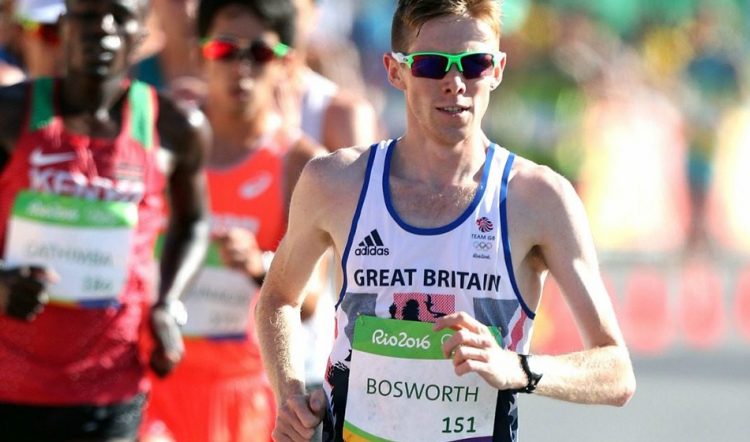Most athletes don’t choose when they get to retire, writes Katharine Merry, and it can be an incredibly difficult transition to make for many reasons
Retirement has felt like a recurring theme across the sporting world lately. Roger Federer and Serena Williams saying farewell to tennis have of course been the most high-profile examples but, even a little closer to home, Tom Bosworth and James Dasaolu have stepped off the track for good, while Mo Farah’s late withdrawal from the London Marathon in October heightened the discussion around how much longer he can keep going for.
Former British Lion Brian O’Driscoll made a TV documentary this year, speaking to a number of former sports stars about how difficult it is to move on from that purpose which defined your identity. I can completely relate to that. It really isn’t easy.
In my experience, I’ve found that most track and field athletes don’t choose to retire on their own terms. Jessica Ennis-Hill is probably the last one I can remember who was able to decide her retirement plan and not be forced out through injury.
Tom Bosworth (Mark Shearman)
For most it’s a really, really hard adaptation. Your mind’s willing to keep going but your body’s not able to and I think a lot of people, myself included, find that a very difficult period.
Athletes have spoken to me over the years and said: “What do I do? How do I approach it?” Jason Gardener was one. He was on the verge of retiring and he said: “I’m worried about how I’m going to replace the highs of track and field. How do I replace it?”
I said to him the key was not to try. You have to take it for what it was, take it for what it is, box it up, be proud of what you’ve done and do not try and replace it with something that you know is not going to come close in terms of highs.
I know I will never have anything in my lifetime that will replace the whole experience and complex emotions of my Sydney Olympic final. Life moments have been amazing but they are different. Utilise the skills and disciplines sport has taught you and channel them into a new area as those skills and disciplines cross over from sport to real life very well! Find something else that you enjoy and potentially that you’re good at.
I would still stand by that advice now.

Katharine Merry (Mark Shearman)
I was really lucky because, towards the end of my career, I started doing broadcasting work while I was still trying to compete so I had that…
CLICK HERE to Read the Full Original Article at AW…

